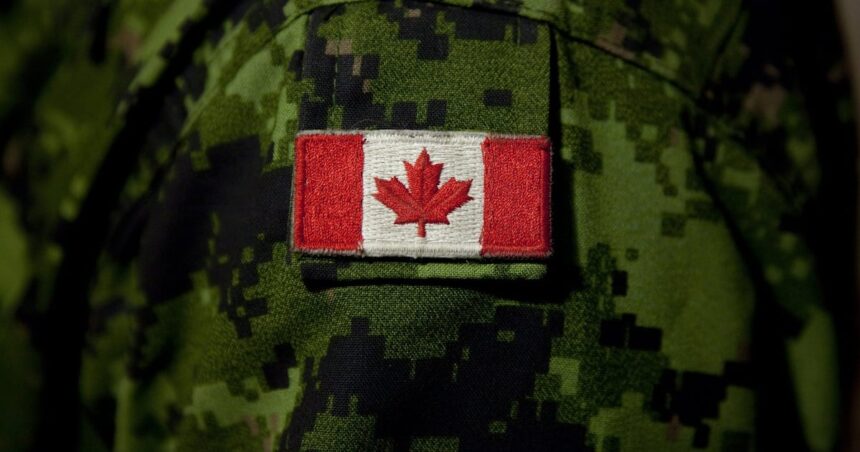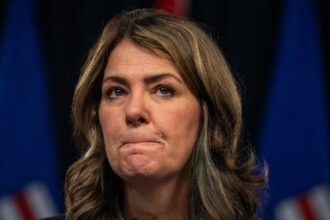The Canadian government is navigating a complex financial balancing act as it considers implementing the promised 20 percent military pay increase through a combination of direct salary hikes and targeted retention bonuses, according to senior defense officials who spoke on condition of anonymity.
Against the backdrop of critical personnel shortages and mounting recruitment challenges, Defence Minister Bill Blair confirmed Thursday that the federal government remains committed to delivering on its pledge to boost military compensation. However, the implementation may look different than initially anticipated.
“We recognize the extraordinary sacrifice and commitment our armed forces personnel make every day,” Blair said during a press conference in Ottawa. “This government will honor its commitment to ensuring they are fairly compensated, though we must be strategic in how we structure these increases.”
The Canadian Armed Forces currently faces a shortage of approximately 16,000 personnel, with recruitment numbers falling consistently below targets over the past three years. Military officials have repeatedly cited inadequate compensation as a primary factor in both retention difficulties and recruitment shortfalls.
Lieutenant-General Jennie Carignan, Chief of Military Personnel, pointed to concerning trends in specialized fields. “We’re seeing particularly troubling gaps in technical roles, cyber operations, and medical services, where private sector compensation significantly outpaces military pay,” Carignan noted in a recent Canada News briefing.
The proposed hybrid approach would involve an across-the-board base salary increase of approximately 10 to 12 percent, with the remainder allocated to targeted retention bonuses for high-demand specialties and critical operational roles. This strategy aims to address immediate personnel shortages while maintaining fiscal responsibility.
Financial analysts suggest the total cost of the compensation package could reach $1.4 billion annually, raising questions about implementation timelines. The Department of National Defence had initially projected full implementation by April 2025, but Treasury Board officials now indicate a phased approach may extend through 2026.
“The military compensation structure is extraordinarily complex,” explained Dr. Andrea Charron, director of the Centre for Defence and Security Studies at the University of Manitoba. “Unlike civilian pay increases, military adjustments must account for rank differentials, specialty pays, deployment considerations, and housing allowances. It’s not simply a matter of increasing base salaries.”
The Canadian military’s compensation challenges aren’t unique. NATO allies, including the United Kingdom and Australia, have recently implemented similar hybrid approaches to military compensation, combining across-the-board increases with targeted incentives for critical positions.
Opposition critics have voiced concerns about the potential modification of the promised increase. Conservative defence critic James Bezan characterized any deviation from a straight 20 percent increase as “a broken promise to those who serve our country,” while emphasizing the urgent need for competitive compensation to address the CAF’s personnel crisis.
Military family advocates have also weighed in on the debate. “While any increase is welcome, what military families truly need is predictability and adequacy,” said Julie Lalonde of the Military Family Resource Centre. “Housing costs near bases have skyrocketed, and many military families are struggling to make ends meet even with dual incomes.”
The government’s decision comes at a pivotal moment for Canada’s military posture, as international commitments in Eastern Europe, the Indo-Pacific, and the Arctic require a fully staffed and operational force. Defence policy experts suggest that resolving the personnel crisis is fundamental to Canada meeting its security obligations.
As this compensation package takes shape, the question remains: will a hybrid approach of salary increases and targeted bonuses be enough to stem the flow of skilled personnel from military service, or will Canada need to reconsider more fundamental aspects of military life to remain competitive in today’s challenging recruitment environment?


















